|
When it comes to matters of the planet’s health, it’s not often we can applaud Australia’s performance on the global stage. But at the COP15 nature summit in Canada this past fortnight, Australia led the charge on some of the most significant and historic deals to protect and restore life on Earth.
COP15 saw nations come together to agree on a plan for nature and humanity to live in harmony. Forming such a global agreement has never been more pressing. If we carry on as normal, new evidence suggests climate change and habitat destruction will see 10% of land animals vanish from their local areas by 2050.
196 delegates committed to 23 targets to stem this tide of extinction. Among the most crucial is the target to protect around a third of nature by 2030.
But, as RMIT University Professor Sarah Bekessy writes, the outcome is far from perfect. For example, world leaders set a goal of achieving zero new extinctions by 2050 – but we cannot wait this long. “28 years of more species loss will leave the diversity of life depleted, undermining our environments, food systems, culture and way of life,” she writes.
|

|
Anthea Batsakis
Deputy Environment + Energy Editor
|
|
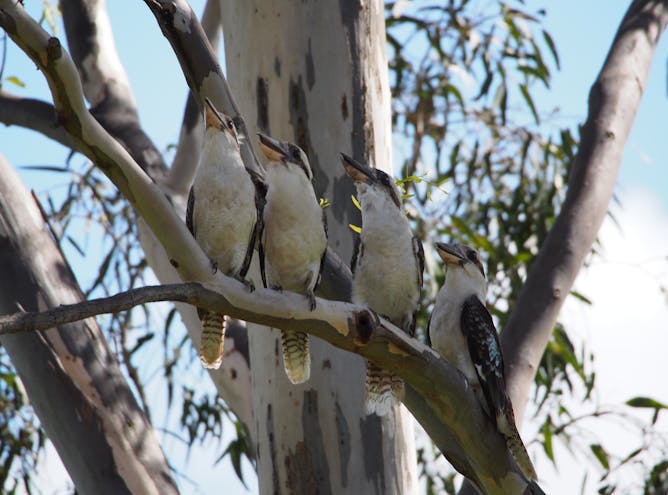
Sarah Bekessy, RMIT University; Brendan Wintle, The University of Melbourne; Jack Pascoe, The University of Melbourne; James Fitzsimons, Deakin University; Rachel Morgain, The University of Melbourne; Rebecca Spindler, UNSW Sydney
The planet is entering its sixth mass extinction event. This global nature summit is our best change to stop this tide of destruction.
|

Michelle Grattan, University of Canberra
Albanese has always been a supporter but in government, Rudd was a highly divisive figure. His controlling leadership style, micromanagement and temper outbursts were publicly and harshly condemned by various colleagues.
|
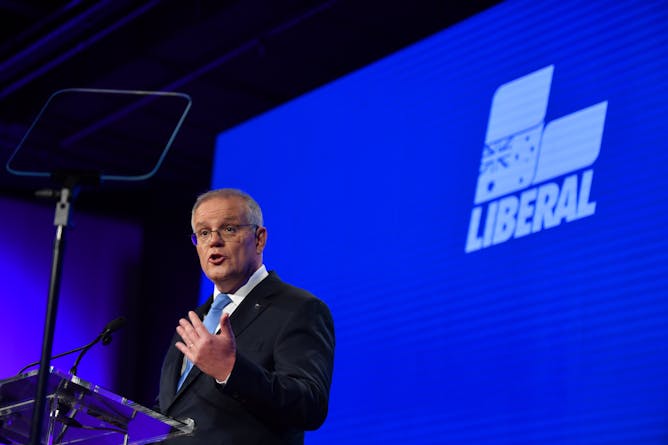
Kate Griffiths, Grattan Institute; Anika Stobart, Grattan Institute
Politicisation of taxpayer-funded advertising is wasteful and creates an uneven playing field in elections.
|
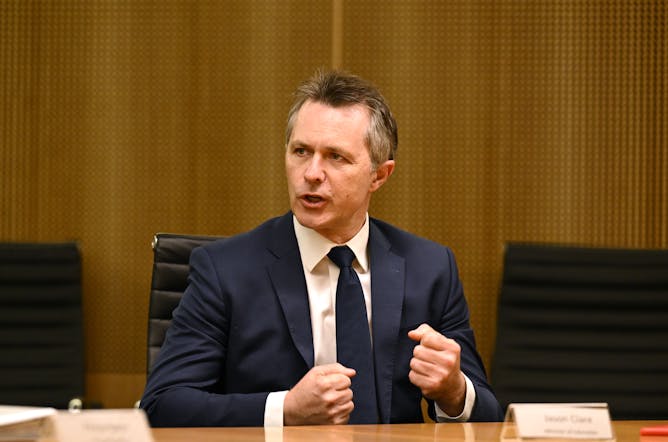
Paul Kidson, Australian Catholic University
To use the language of a school report, the teacher shortage plan is a good effort and a positive start. But there are areas that need improvement.
|

Phil Bell, University of New England
The feet of a bird tell us a lot about its life. Newly described, the fossil feet of the ancestors of modern birds reveal how superbly adapted they were to their world.
|

Nicole Rinehart, Monash University; Emily Pattison, Monash University; Nicole Papadopoulos, Monash University
Getting a good night’s sleep is essential for the whole family. Here are some tips to try if your child struggles with poor sleep.
|

Alexander Gillespie, University of Waikato
As the year ends, how has New Zealand fared on global and domestic measurements, from social and economic freedoms to tackling poverty and homelessness?
|
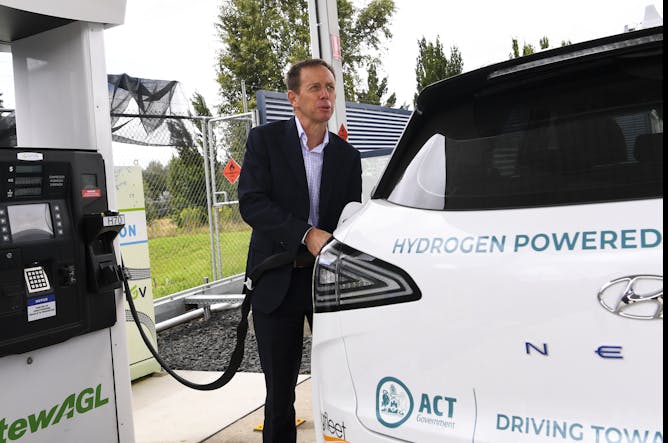
Rebecca Lester, Deakin University; David Downie, Deakin University; Don Gunasekera, Deakin University; Wendy Timms, Deakin University
Australia’s emerging green hydrogen industry requires a secure supply of high-quality water. Competing demands for this scarce resource mean careful planning is needed to meet all water users’ needs.
|
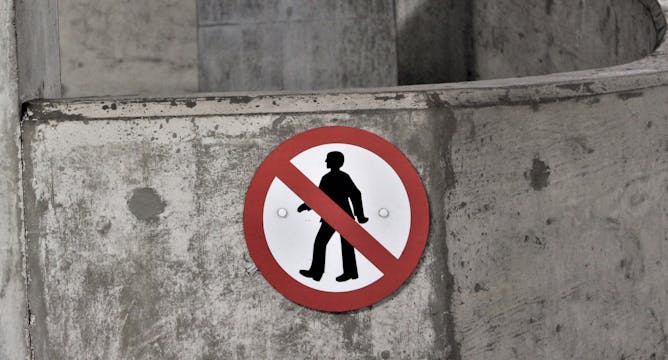
Jessica Gildersleeve, University of Southern Queensland; India Bryce; Kate Cantrell, University of Southern Queensland
Trigger warnings are increasingly ubiquitous but recent research finds they are ineffective, and possibly harmful, if used in a tokenistic way.
|
Health + Medicine
|
-
Belinda Wheaton, University of Waikato; Lucen Liu, University of Waikato
Last summer was the worst for drownings in a decade, with some groups tragically overrepresented. Community groups are urging a change of approach to water safety education.
-
Lee-Fay Low, University of Sydney
The decision to move a loved one with dementia into residential care is an incredibly difficult one. These considerations may help.
|
|
Science + Technology
|
-
Todd Lane, The University of Melbourne
When something disrupts the smooth, laminar flow of high-altitude winds, your flight might get a little bumpy.
-
Juliet Sefton, Monash University; Andrew Kemp, Tufts University; Mark D. McCoy, Southern Methodist University
A new analysis of deep soil sediments accumulated in the mangroves of Pohnpei and Kosrae islands reveals a potentially different history of human arrival in this oceanic region.
|
|
Arts + Culture
|
-
Jan Hogan, University of Tasmania
This new exhibition at Hobart’s Mona captures Tomás Saraceno’s collaborations with research institutes.
|
|
Books + Ideas
|
-
Eleanor Limprecht, University of Technology Sydney
Renowned YA author Vikki Wakefield delves into the complex pressures of motherhood with her first adult novel – a psychological thriller.
|
|
Business + Economy
|
-
Lucas Walsh, Monash University; Beatriz Gallo Cordoba, Monash University; Blake Cutler, Monash University
BNPL is now the second most common form of consumer credit used by young Australians - except technically it’s not credit.
|
|
| |
|
|
|
University of Canberra
Canberra ACT, Australia
•
Full Time
|

|
|
The Conversation AU
Melbourne VIC, Australia
•
Full Time
|

|
|
The Conversation AU
Melbourne VIC, Australia
•
Full Time
|

|
|
|
|
| |
| |

|
| |
| |
| |
Featured Events, Courses & Podcasts
|
View all
|
|
7 October 2021 - 7 October 2026
•
|

|
25 November 2021 - 25 November 2024
•
|
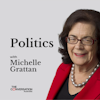
|
|
|
|
| |
| |
| |
| |
| |
|
|